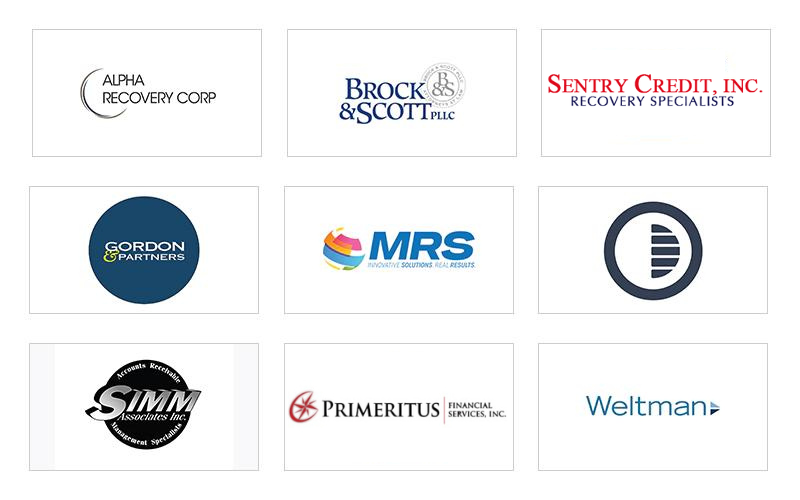Are You a Collection-Focused Business? Use These 4 Strategies to Improve Agent Performance
- January 16, 2023
- Categories: Agent Performance, Speech Analytics

Recommended Reading
Many collection businesses are guilty of designing their agent performance programs with a one-size-fits-all approach. They attempt to use call center speech analytics to reduce delinquencies and maximize accounts receivable recovery without realizing the role the platform can play in transforming agent performance. The result? They continue building their training program based on perceptions and anecdotes rather than data.
From giving agents their dashboards to self-learn, to involving them in root-cause analysis, to tracking their progress over time, we can do things we couldn’t do before thanks to advanced speech platforms like ICAP. Below are some strategies that should help you improve agent performance and establish a solid feedback loop between them and managers at the same time.
1. Set/refresh agent KPIs periodically
If you haven’t done so, start by identifying which key performance indicators (KPIs) are most important to your business by correlating your current agent performance benchmarks against required collection goals. You can leverage agent productivity and agent effectiveness dashboards from a platform like ICAP to get insights on your current RPC count, average calls per day, avg minutes between calls, call volume, Right Party Contact (RPC) calls, etc., and to know what all KPIs you should input in the system.
Input from relevant departments (such as compliance and training) into agent scorecard metrics can also make a huge difference to well-rounded agent performance. As you go along, continue revisiting these KPIs.
2. Involve agents in root cause analysis
Use your call center analytics platform (speech analytics) proactively to flag cases of talk-over and prolonged silence – an indicator of the lack of agent knowledge, long system navigation times, or delays in system response times. Next – create a list of FAQs to be asked to agents during 1:1 coaching sessions or training sessions to address these challenges. In addition to this, ask them which type of conversations they struggle with or the main reason they think consumers get frustrated on the call. Once you learn about their challenges, propose a solution. Sometimes just being able to change the flow of a conversation (without compromising on any regulatory disclaimers) can help an agent improve the chances of collection outcome.
3. Make the most of sentiment analysis
If used proactively, sentiment analysis can identify the processes, interactions, and subject areas that need to be tracked or remediated. Sentiment models can notice changes in tone, volume, and speaking rate, instances of agent/consumer talk-over, and the detection of silences. Each interaction can then be scored on a sentiment scale from highly positive to highly negative, with nuances such as conversations that start positively and then turn negative to be selected for root cause analysis. You can even use sentiment analysis to consider factors such as agent morale and motivation. This can be particularly useful in a collection environment, where the agent’s enthusiasm to close an account can make a significant difference to the outcome.
4. Keep a tab of data focused on productivity and compliance
Categorizing all calls by reason for the call and any subtopics can be extremely helpful. You can identify on-call agent performance issues even more objectively by grouping conversations according to user-defined topics (such as complaints, negotiation of the terms of repayment, etc.)
There is potentially plenty of benefits to be gained from understanding automatically what is happening on the call and being able to act while improvements are still possible. So, ask your QA team to monitor calls for problematic words and phrases, which can either be acted on within the conversation or alert the agent or supervisor if pre-specified words or phrases occur/re-occur. This will help your team leads choose a specific area of improvement for agents and benchmark the relevant KPIs (for baseline analysis). An innovative speech platform like ICAP can even help you track day over day/week over week/month over month improvement(s) in agent KPIs.
Improve CFPB Compliance and Agent Performance with ICAP: Any agent can forget Mini-Miranda, ignore verifying the consumer’s name, or overlook giving the recording disclosure. To put such call ethics and regulation on the front, QA personnel need to listen to all calls to ensure full compliance and professional conduct. The challenge is no collection business can hire enough QA personnel to listen to every recorded interaction between agents and consumers. This is where Provana’s call center analytics and agent analytics platform, ICAP, comes into play.
ICAP helps you review 100% calls and lets you visualize important call center QA data and agent scorecards (internal and provided by clients). You can import agent performance data and send it out to the team for holistic performance reviews. The manager can pull any date range to be able to save or export data that makes sense from the performance audit’s point of view, saving a considerable amount of time and cloud space. If you too are looking for a speech analytics system that can empower you to input multiple scorecards and more, reach out to us here.







